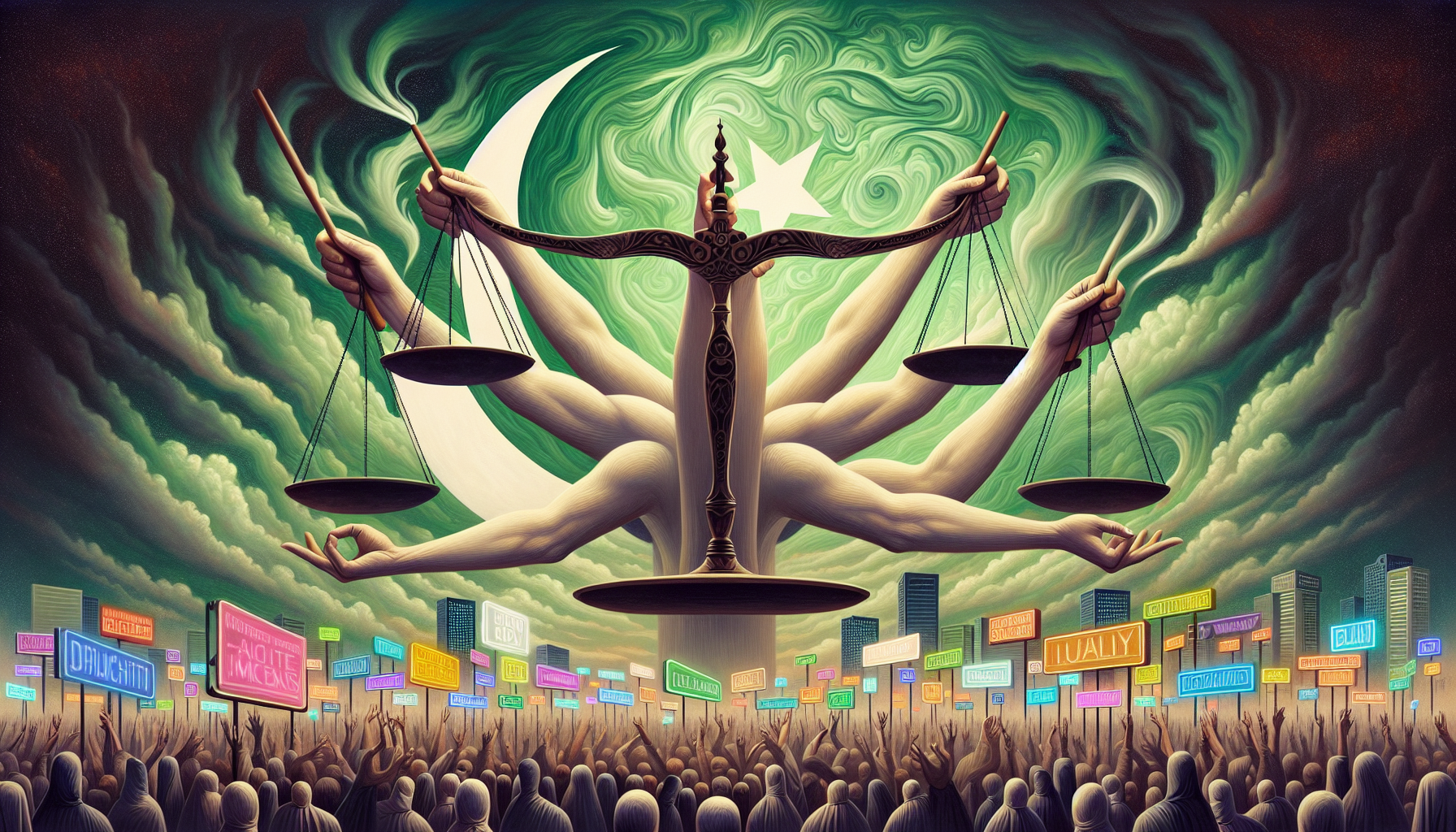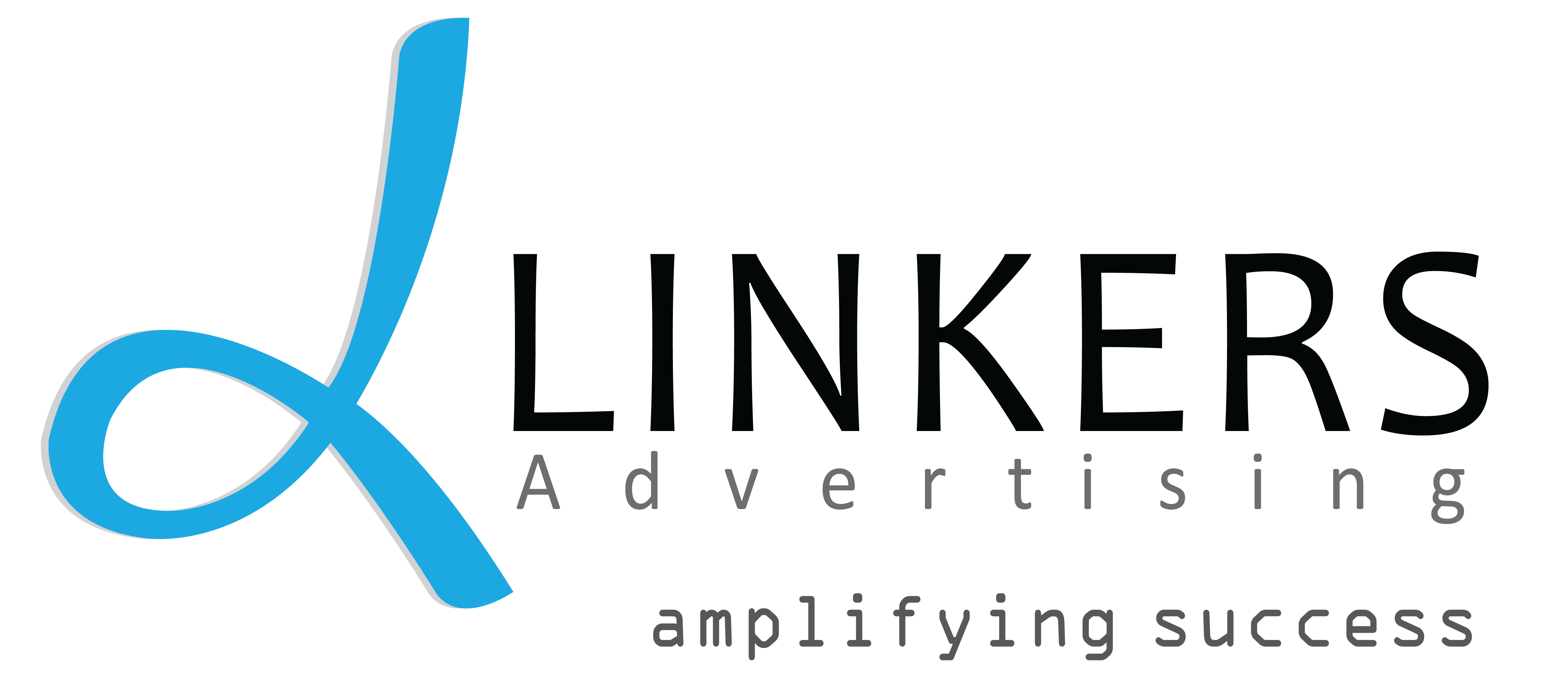
Navigating the complex landscape of advertising in Pakistan presents a unique set of challenges, from addressing ethical issues in modern campaigns to understanding the stringent legal framework shaping the industry. Considering the diverse factors at play, including religious perceptions, gender differences, and the nature of advertising appeals, it’s clear that the advertising sphere often treads a fine line between persuasion and deception. As advertising seeks to influence consumer behavior through strategic branding, the scrutiny on legal considerations, false advertising laws, and advertising standards becomes increasingly significant.
This article aims to explore these dimensions in detail, offering insights into the historical development of advertising ethics in Pakistan, the influence of Islamic principles, and the current legal landscape governing the sector. By examining case studies of ethical dilemmas and the mechanisms of advertising regulatory bodies, readers will gain a comprehensive understanding of the legal issues advertising faces, without resorting to unnecessary jargon or promotional content
1. Historical Background of Advertising Ethics in Pakistan
The historical background of advertising ethics in Pakistan reveals a rich tapestry of evolution influenced by cultural, political, and technological shifts. Here’s a concise overview:
Origins and Evolution
- 1860s – Early Beginnings: The inception of Pakistan’s advertising industry was marked by the establishment of local agencies like Malani & Co, soon after independence.
- Post-1947 – Growth and Diversification: The era saw hand-painted billboards, meticulously crafted by skilled artists, dominating the urban landscape. This period also witnessed the entry of multinational corporations and international advertising agencies setting up offices in Pakistan, introducing a blend of local and global advertising practices.
Phases of Development
- First Era (1947-1964): Characterized by limited players and reach, advertising was mostly confined to urban areas
- Second to Fourth Era (1964-1998): Marked by the introduction of television, new graphic technologies, and a shift towards more visual messaging, setting the stage for modern advertising practices
- Fifth and Sixth Era (1998-2010): The industry experienced exponential growth and embraced digital advancements. However, the global recession introduced challenges, leading to a period of low-budget and below-par advertisements
Regulatory and Ethical Framework
- Zia-ul-Haq Era: Imposed strict regulations on advertising content, necessitating a conservative approach, especially regarding the portrayal of women and religious symbols
- Liberalization and Modern Era: Saw the removal of many restrictions, ushering in sophisticated advertising techniques. The rise of the internet and social media further revolutionized the industry, enabling targeted advertising with unprecedented precision
- Ethical Considerations: Despite the industry’s growth, ethical concerns have persisted, particularly regarding advertisements that deviate from Islamic principles. The Pakistan Advertisers Society developed the Code of Advertising Practice (COAP) to address these issues, promoting ethical practices within the industry
This historical perspective underscores the dynamic nature of Pakistan’s advertising ethics, shaped by societal values, regulatory changes, and technological advancements.
2. Islamic Principles Governing Advertising
In the realm of advertising within Pakistan, Islamic principles play a pivotal role in guiding ethical practices. These principles are not just religious tenets but also serve as a moral compass for advertisers, ensuring that the content is in harmony with societal values and ethics.
Core Islamic Advertising Guidelines:
- Honesty and Transparency: Advertisements must be truthful, avoiding deception or hiding essential facts that consumers should know
- Moderation in Consumption: Advocating consumption as a form of worship, advertisements should promote moderation and not provoke desires that are unattainable
- Prohibition of Haram Products: Products that are haram (forbidden) or harmful should not be advertised
Representation and Content
- Women in advertisements should be depicted respectfully and dressed modestly, steering clear of any degrading portrayal
- Advertisements should not exploit basic human instincts or use sexual intonation, ensuring that the content is appropriate and does not spark controversy
Ethical Practices and Social Responsibility
- Overpraising or exaggerating product features is discouraged, and any claims made should be fulfillable
- Advertisements should foster positive societal values, avoiding ridicule or discrimination based on race, ethnicity, or gender
These guidelines underscore the importance of aligning advertising practices with Islamic ethics, promoting a responsible and socially conscious advertising environment in Pakistan
3. Challenges in Modern Advertising
In addressing the Challenges in Modern Advertising in Pakistan, several key factors come to the forefront:
Cultural and Ethical Dissonance
- Promotion of Foreign Culture: The advertising industry’s inclination towards foreign cultures, particularly Western models, creates a cultural gap, impacting Pakistani culture and especially young women’s conduct negatively
- Disregard for Islamic Ethics: A heavy reliance on Western business models often leads to the sidelining of Islamic ethics and cultural values, raising concerns about the preservation of national identity
Regulatory Challenges
- Lack of State Control: An evident absence of state control over advertising content allows for manipulation, linking control, culture, and emotions in ways that might not align with Pakistani values
- Need for Governmental Guidelines: There’s a pressing need for guidelines that ensure advertisements reflect Islamic cultural perspectives, addressing the ethical dilemmas currently faced
Consumer Perception
- Ethical Marketing Demand: Consumers are increasingly rejecting current media practices, calling for more ethical marketing that adheres to cultural values and respects religious perceptions, especially concerning controversial products and advertising appeals
These challenges underscore the complex interplay between culture, regulation, and consumer expectations in Pakistan’s advertising landscape, highlighting the need for a more culturally and ethically sensitive approach.
4. Legal Framework and Regulations
In Pakistan, the legal framework and regulations governing the advertising industry are comprehensive, ensuring both ethical standards and consumer protection are upheld. Here’s a breakdown of the key regulatory bodies and their roles:
Pakistan Electronic Media Regulatory Authority (PEMRA)
- Governs broadcast media and distribution services, with the authority to control both local and foreign TV channels and radio broadcasters
- Issues licenses for various categories, including international and national scale stations, with validity periods of five, ten, or 15 years
- Enforces ownership limitations, prohibiting foreign businesses from acquiring licenses and ensuring Pakistani residents or citizens hold licenses
- Requires licensees to adhere to regulations, including offering a ‘basic service’ that encompasses religious, educational, informational, news, and entertainment channels
Pakistan Telecommunication Authority (PTA)
- Regulates telecommunications networks and services, mandating a license for setting up or offering telecommunication services
- Jointly governs internet-based platforms with PEMRA, with specific rules for web TV and over-the-top (OTT) TV under the Removal and Blocking of Unlawful Online Content (RBUO) Rules
Legal Measures Against Spamming and Data Protection
- The Prevention of Electronic Crimes Act (PECA) 2016 outlines penalties for spamming, including jail time and fines
- The Personal Data Protection Bill 2023 (PDP Bill) aims to protect privacy, uphold ethical data management standards, and build online security
These regulatory frameworks and guidelines ensure that advertising in Pakistan is conducted ethically, respecting cultural values and legal standards, while also safeguarding consumer interests.
5. Conclusion
Throughout this exploration of Pakistan’s advertising sphere, we’ve navigated the rich historical context, delved into the influence of Islamic principles, highlighted the challenges of modern advertising, and shed light on the regulatory landscape that shapes ethical and legal standards in the industry. These discussions underscore the complex interplay between cultural sensitivities, legal strictures, and ethical practices, affirming the necessity for advertisers to engage with these dimensions thoughtfully. The overarching narrative reiterates the importance of aligning advertising strategies with the core values and legal frameworks that define the Pakistani market, emphasizing that adherence to these principles doesn’t merely fulfill regulatory requirements but fosters trust and loyalty among consumers.
In steering towards a conclusion, it becomes clear that the pursuit of ethical advertising in Pakistan is not just about navigating legalities or adhering to ethical guidelines—it’s about understanding the cultural pulse of the nation and aligning advertising practices with the values held by its people. This journey of ethical alignment not only mitigates legal risks but also opens a path to creating more resonant and responsible advertisements. The challenges and insights presented throughout this discussion serve as a call to action for industry professionals to elevate their strategies by embracing integrity and compliance. Dive into our latest blog post to discover how embracing integrity and compliance can elevate your advertising strategies, build trust with consumers, and propel your brand towards sustainable success. Explore the essential guidelines and best practices tailored for Pakistan’s advertising landscape, and embark on a journey towards ethical excellence with Linkers Advertising today. This endeavor will not only ensure adherence to the highest standards of ethical advertising but will also contribute to the broader goal of fostering a more transparent, responsible, and culturally attuned advertising ecosystem in Pakistan.

